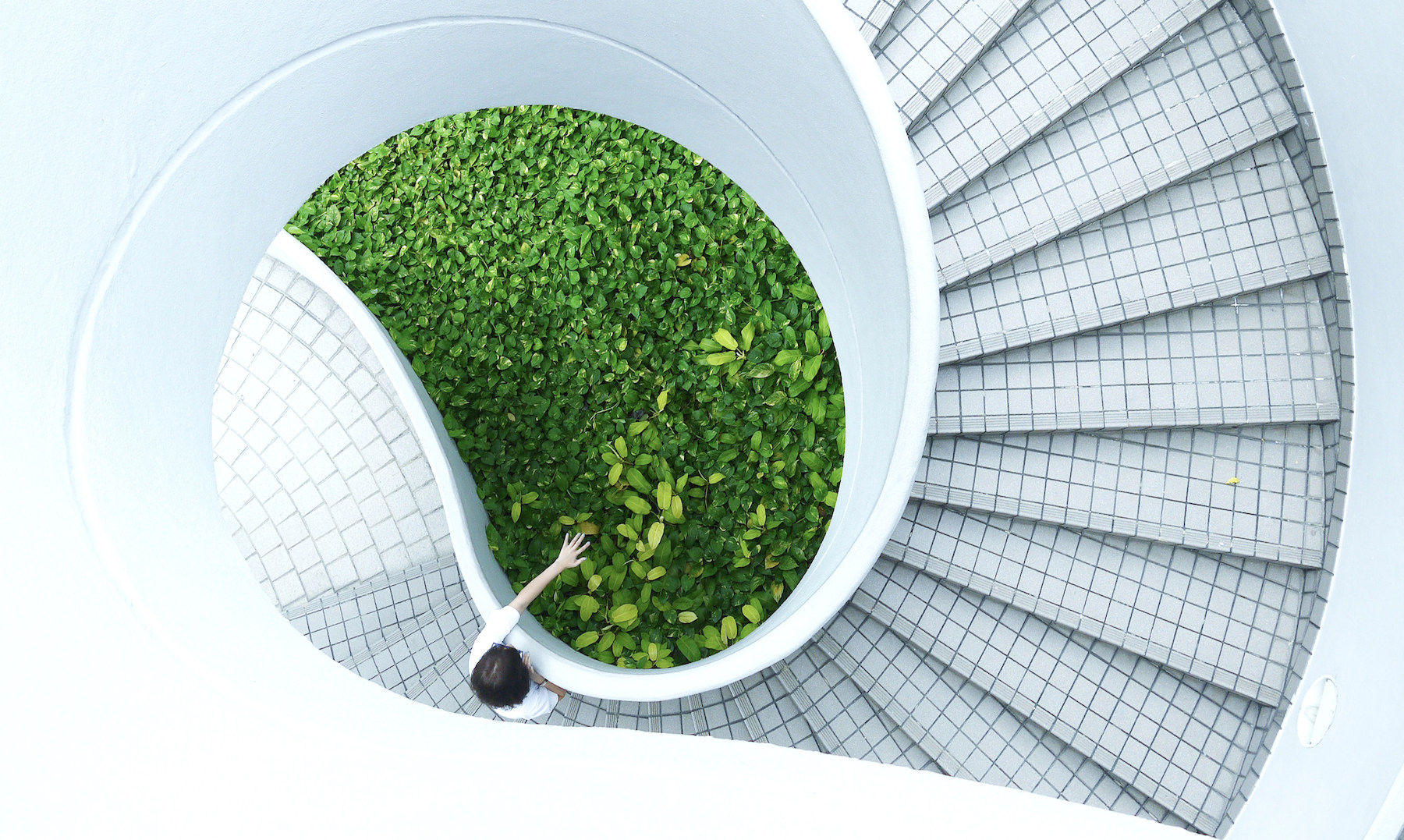A daily practice is a foundation of well-being.
It is time for yourself, to ground, to sit in your inner peace, to draw good boundaries, to build discipline…
For some people, that is doing the Sun Salutation before the crack of dawn, before the stirrings of the kids and the rest of the family. For some it is meditation or it’s Cross Fit. For others, it is a night walk, rain or shine. Or perhaps journalling, laughter yoga, tai chi, painting mandalas, gardening…
It is not the form of the practice that matters. As long as it works for you and creates the space for you to go within, to be more open to all that is you. To experience flow, no-mind, beginner’s mind…
It is the consistency and reliability of the practice that will make a difference. You want a practice that you can go back to, again, and again, and again. Day in. Day out.
A practice is what you can go to when life gets challenging. So that you can find your centre in the chaos, and be the calm in the storm. It’s what you do to remember your inner strength, strengthen your commitment to who you are, and find clarity for right action. A daily practice helps build self-reliance as well as self-care, two often overlooked elements of well-being.
The more you believe you do not have time, the more you will likely benefit from a daily practice. Anyone who thinks they do not have five minutes for a few minutes of focused breathing can benefit from five minutes out of their usual schedule. It does not need to be three hours of meditation. Even starting with five minutes a day can make a difference over just a short time.
Once you start feeling the benefits, it’s likely you will want to deepen your practice to sustain the positive effects and to explore to see what else is possible. A daily practice does require dedication, patience, and practice, though the end goal is not about being perfect at it. It is not something else to conquer or get gold stars for. What you put in and what you receive is a reward that matters to yourself first and foremost. It is about connecting with you inner self and with the whole of your life. It’s for you, though the change will be seen and appreciated by others.
Whatever your practice is, be sure to ground the wisdom and self-knowledge you gain in your daily life. Because it feels so good, you may want to escape to this zone of peacefulness and zen and want to stay there. A daily practice is not about escaping; it’s about being present with all that is. The practice instills the quality of observation and no-judgement as an approach to the circumstances and people in our lives, adversity and joy. While a daily practice can help us anchor more inner peace, it is about supporting us and our well-being so we can live the lives we want and be the contribution we are and feel more fulfilled and connected.

Looking to build a daily practice?
① Decide what is your daily practice.
You may already have a practice that you want to deepen, a hobby you want to revive, or an interest you want to explore. Choose an activity that has enjoyment and meaning for you.
② Choose when you would like to have your practice. Every day.
We are building a habit really and having a time specially set aside is a way to honour both your practice and yourself. Be honest with yourself – if you are morning person, perhaps a morning practice may be better.
③ Choose where to have your practice.
Having a space devoted to your practice helps to anchor it. The space depends on what your practice is – where you practice yoga will have different requirements than if you want to do gardening or journalling. If you want to meditate, perhaps set up the area with a meditation cushion and anything you would like in the space such as incense (with a lighter), mala beads, music.
④ Set yourself up for success.
It is easy to start with gusto and dedication. This may last days, weeks, or even months. Make it easy for yourself to stick with it. Schedule this time in your calendar. Talk to your family about how important this daily practice and this time for you is. Remember how you feel when you are doing your practice, and afterwards. I would advise not making deals and bargains with yourself, which can form the idea that this practice is a chore rather than a joy.
⑤ Have an alternative.
This tip is more for activities like gardening that may be weather-dependent. What will you do with practice time if for some reason you really cannot get to it? Can you do just a few minutes of deep breathing if a full meditation is not possible? Can you tap into some no-mind time throughout the day? What about tending to indoor plants or journal one page instead of three? It is best to ensure that until your daily practice is rooted to really do the practice, whether it is hailing outside or you are travelling.

